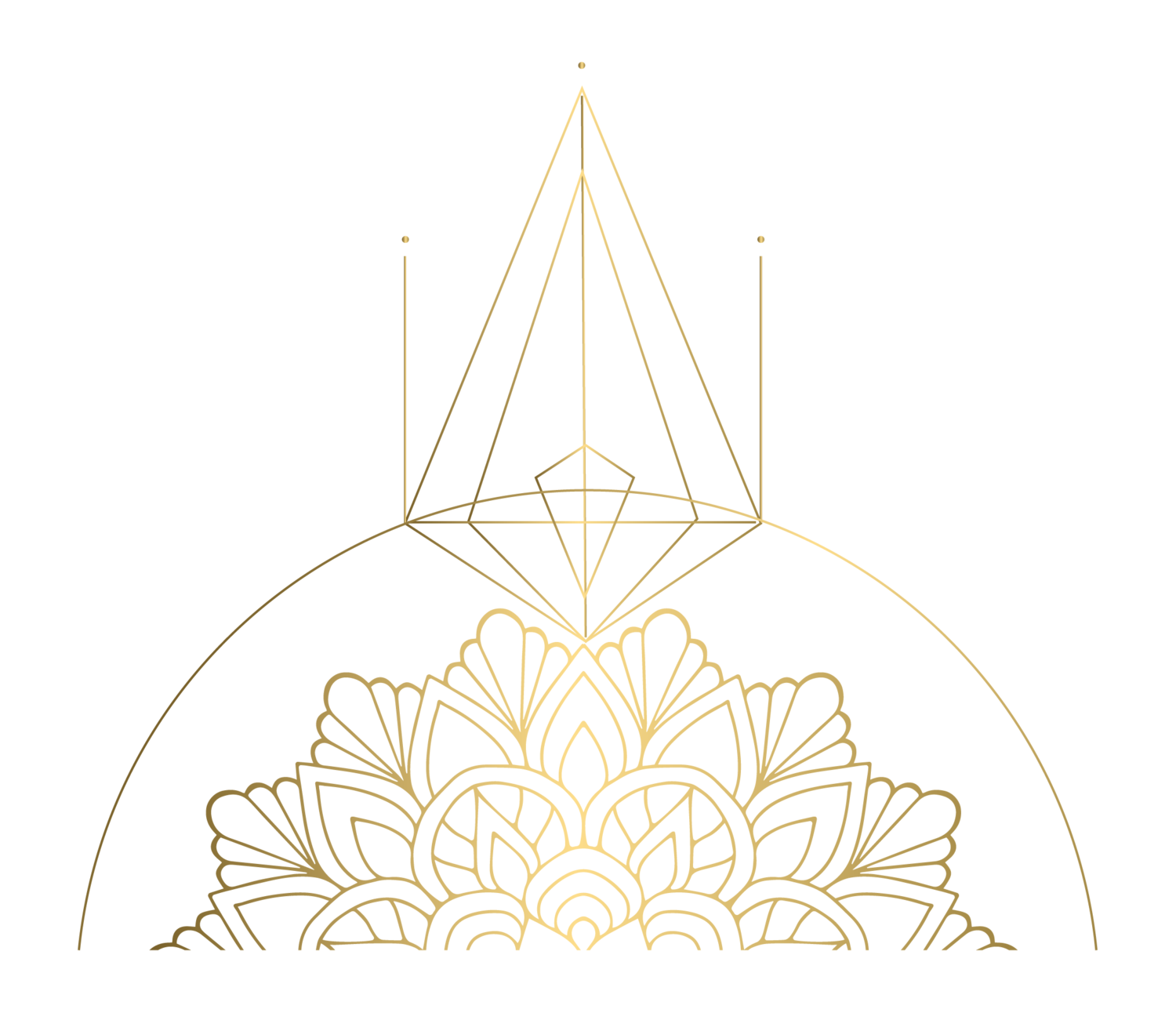This is speaking on behalf of the narcissistic abuse victim—
Pathological narcissists rely on fracturing their victim’s identity, so that they’re cut off from themselves. That’s why there’s so much gaslighting, denial, blame shifting and usage of distraction mechanisms. When you’re cut off from your inner knowing, it becomes harder to see the truth.
An example of this is, say, a narcissistic partner is cheating on you. You may get an intuitive sense that something isn’t right, but every time you ask, you’re put in the spotlight or told that you’re crazy. Examples of how this can take place:
How can you accuse me of something like that? I’ve never done that in my life (lying, denial, blame shifting- because now you’re the bad person, you’ve accused them)
Can you give me the benefit of the doubt? (blame shifting- it’s your fault)
You’re too sensitive (gaslighting)
You’re imagining things (gaslighting)
You’re crazy (gaslighting)
I tell you everything (lying, manipulation)
You weren’t right about x so how can you be right about this? (gaslighting, creating doubt)
Admission of something else, to cover up their deceit (a bid to appear honest, but still lying)
Active refusal to engage (stonewalling, punishing)
You’ve had bad experiences in the past so you’re projecting onto me (blame shifting)
Actual distortion of truth and the importance of honesty (i.e. I’m not lying about anything, I don’t count that as lying)
Everyone lies it’s not a big deal, or everyone does it, it’s not a big deal (minimizing)
I was just so lonely! It was your fault! (blame shifting, plea for sympathy)
They get angry and cause a scene (distraction)
You always need to be right don’t you? It’s like your ego can’t handle if you aren’t (blame shifting)
This isn’t all of it! There are countless manipulation tactics the narcissist can employ to make you feel like it’s YOU who’s paranoid, or ill, or to have reason to doubt yourself and your intuition. You can feel like you’re the bad guy for accusing someone so good. When this happens in the long term, victims often feel cut off from themselves, from their power, from their inner voices. This can manifest in depression, anxiety, panic attacks and actually feeling like you are going crazy. Something feels very off, and you feel more and more distant to yourself, to your family and friends. You wonder why your world just doesn’t feel the same way it used to. Where’s your joy? Why do you feel drained all the time?
This is a similar energy that some things like cults will do, or bad gurus.
The reason why these tactics are employed are because if you are out of body, if you are shut down, if you are separated from yourself, then you end up attacking yourself and doing the work for them. An example of this would be, the inner dialogue would be convincing yourself that you’re imagining things, or being paranoid, or convincing yourself that the narcissist is amazing and you don’t deserve them. Your mind goes overboard trying to rectify the cognitive dissonance you are feeling about the situation and the person, and also trying to quiet all the warning signals in the body. You then become more compliant, because you’re cut off from your power. You become more easily manipulated. You’ve surrendered.
Other ways we can feel when we are caught up in narcissistic abuse cycles are: insecure, we may even feel unable to sleep, we may have various ailments pop up out of nowhere, we may get colds all the time even though previously our immune systems were strong, we may find ourselves fixating on the narcissist to the detriment of our own lives. We may start feel really bad about ourselves, or fixating on our flaws, or working tirelessly to improve our communication skills or some aspect of ourselves because we feel like we are to blame (even though the narcissist does nothing). If in a romantic relationship, we may feel very jealous even though we’re not normally jealous. We may also feel very off balance, or unstable, when usually we aren’t this way. The narcissist will use this against you too, even though it’s their instability and chaos that’s making you feel these things.
WATCH OUT FOR THIS. Even though some of us might not be ready in various stages to see how we’re being manipulated because we can really care for, and love the other person, we need to listen to our bodies when we notice something like this happening.
It is what is called, “Crazymaking”. You’re not crazy, but they’ll make you feel like you are. They’ll keep devaluing you, insinuating things to diminish you until you feel so small. This helps them feel bigger, better, and maintain their illusion. They need YOU to believe in their good in order to feel that they are. They need YOU to feel crazy so that they don’t feel their shame about cheating, or their addictions and lies. Essentially, they need YOU to take over responsibility and blame. Narcissists rely heavily on outside feedback, and if they have their one person, their victim, who reflects back what they want to hear and believe about themselves, then everything is ok in their world. Their egos remain afloat, their secrets remain hidden, their truth becomes obscured, and their shame and inferiority are tucked away.
